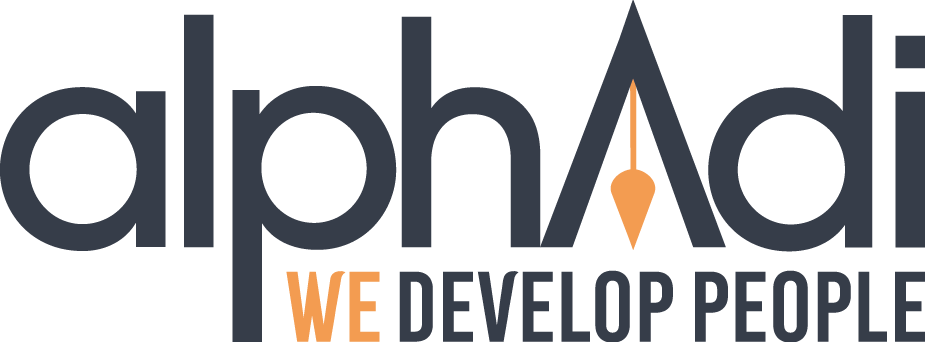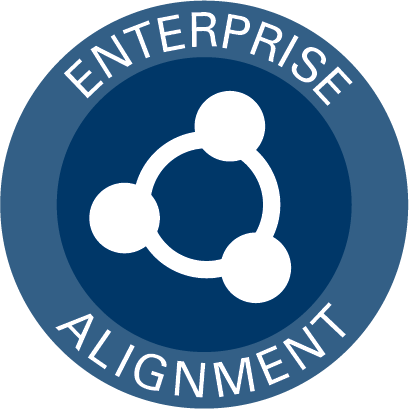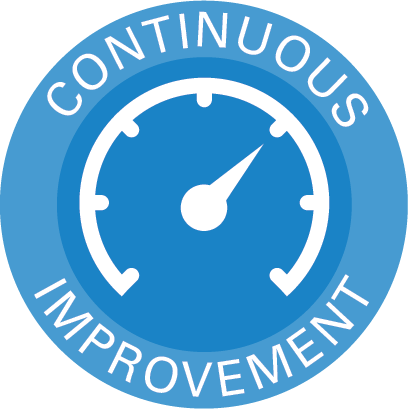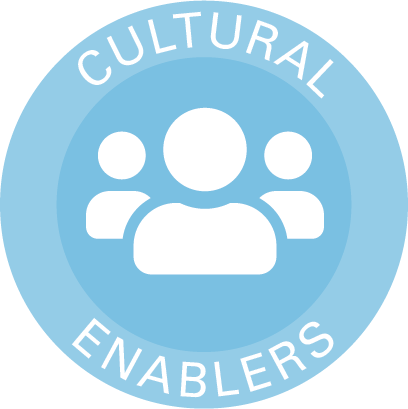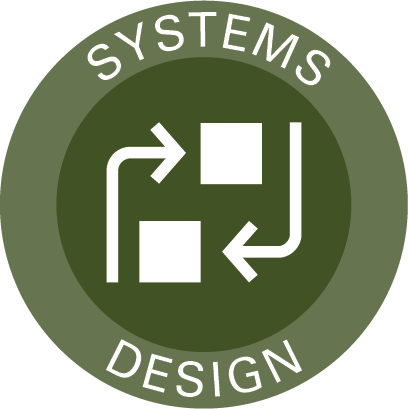This two-day workshop focuses on the leadership principles at the top level of the Shingo Model™—the purpose of the organization. Through practical on-site experiences at a host company, you will build on the knowledge and experiences from the DISCOVER EXCELLENCE workshop. Participants will dive deeper into the Shingo Model™ by focusing on the principles identified in the “Enterprise Alignment” dimension. To be successful, organizations must develop management systems that align behavior with principles. This alignment should be simple, comprehensive, actionable, and standardized. Creating value for the customer is ultimately achieved through the effective alignment of every value stream within an organization. The ENTERPRISE ALIGNMENT workshop continues the discussion on defining ideal behaviors and the systems that drive them.
Content:
- The Shingo ModelTM
- Enterprise ExcellenceTM
- Think systemically
- Secure the purpose
- Create value for the customer
- Workshop at the host company
